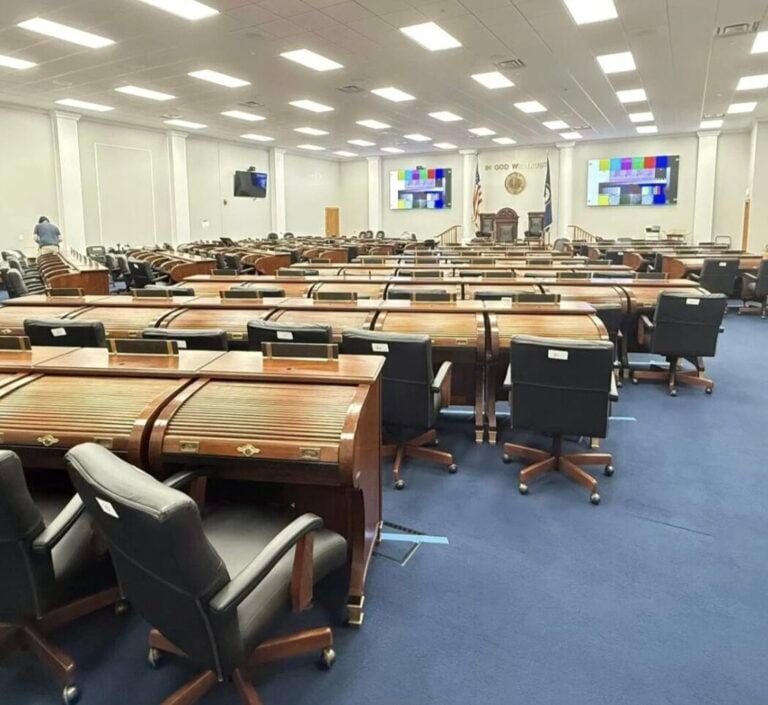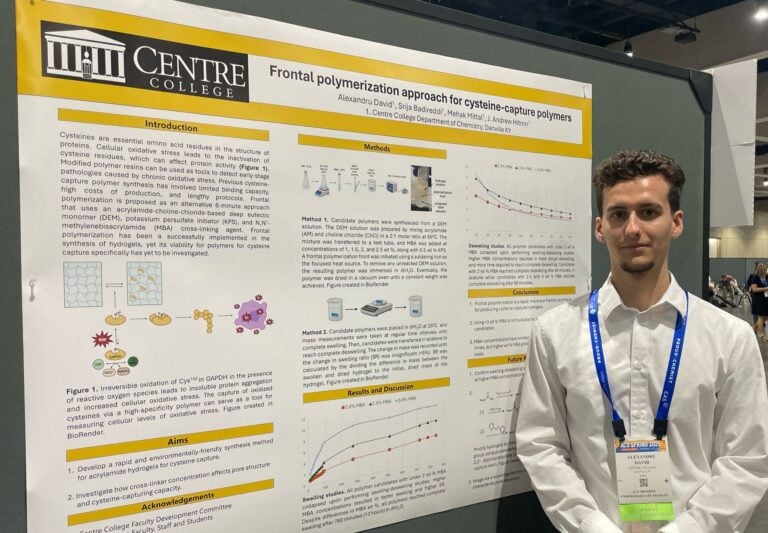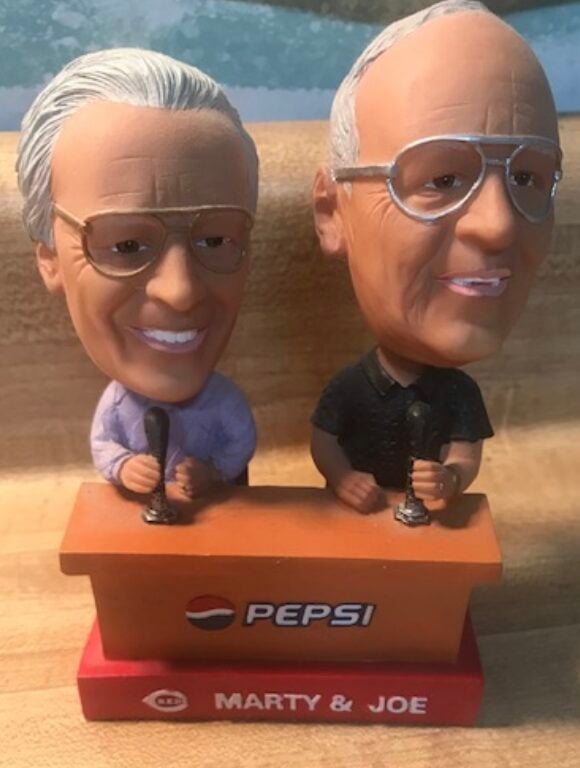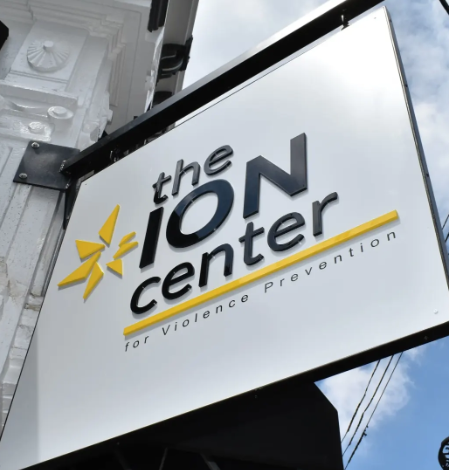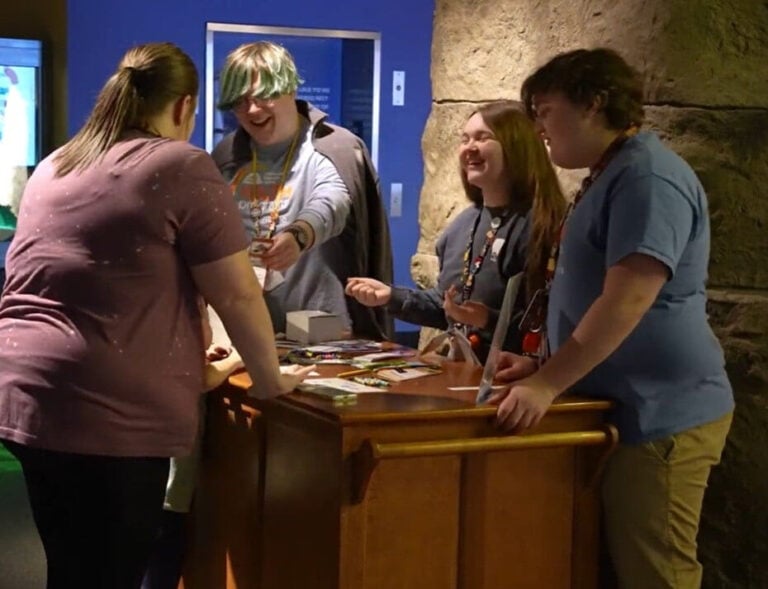The last few years have seen a stark increase in political violence. Most recently, the conservative activist and speaker Charlie Kirk was publicly assassinated at Utah Valley University. Multiple assassination attempts have been made on President Trump as well—most memorably in Butler, Pennsylvania last year. Even state-level politics have seen such horrific events, with two Minnesota lawmakers being attacked in their homes earlier in June.
What’s especially troubling is that new polling data indicates that “three in ten [Americans] either strongly agree (11%) or agree (19%) that Americans may need to resort to violence to get the country back on course.” Another poll from Politico and Public First found that 55% of Americans “expect political violence to increase.”

This data is spread across both political parties and is deeply concerning. NPR reports that last year only 12% of Democrats agreed with political violence. That number is now hovering around 28%. Republicans are also up from last year with 31% now expressing agreement with the idea that political violence may be necessary to fix the nation.
Unfortunately, political violence is nothing new historically. Across western history, political violence has taken place for centuries—almost always with horrendous effects for the nation or empire. The assassination of Julius Caesar launched the Romans into a series of civil wars; the execution of Louis XVI accelerated the bloodshed of the French Revolution and the Reign of Terror; and the murder of Archduke Franz Ferdinand launched Europe into the First World War. Political violence has long exacerbated political turmoil and led to the tragic loss of countless millions of lives.
Americans have long recognized both the moral tragedy and the cultural dangers of political violence. Our government is structured in such a way to allow for the voice of the citizenry to be heard at the ballot box and not through the barrel of a rifle. Grievances are to be expressed openly in the press and in elections, factions are to be protected, and violence is to be prevented.
Building on the English tradition of Constitutional government, the founders saw it necessary to restrain the government and empower the citizenry to choose their rulers. In essence, Americans have the opportunity to peacefully overthrow the government every four years. As President Reagan said in his 1981 inaugural address, “The orderly transfer of authority as called for in the Constitution routinely takes place, as it has for almost two centuries, and few of us stop to think how unique we really are. In the eyes of many in the world, this every-four-year ceremony we accept as normal is nothing less than a miracle.”
Political violence is an affront to this American privilege. Nevertheless, such affronts have unfortunately characterized much of our history as a nation. Presidents Lincoln, Garfield, McKinley, and Kennedy were all assassinated in office. Attempts on the lives of Presidents Theodore Roosevelt, Franklin D. Roosevelt, Truman, Ford, Reagan, and Trump have also been made. Beyond the presidency, governors, senators, and members of congress have all been victims of assassination attempts, as have political leaders and civic leaders like Martin Luther King Jr. and, most recently, Charlie Kirk.
Unfortunately, political violence is not novel in American history, nor are those who rejoice in it. While recent polling data is troubling, it is by no means a historical anomaly. For example, in the American South, expressions of “glee and satisfaction” followed the assassination of Martin Luther King Jr. in 1968, including celebratory car honking and “a general feeling of celebration.”
A similar demeanor also appeared in response to the assassination of Charlie Kirk in September of this year, with some on the left literally dancing in the streets and countless others rejoicing on social media.
These examples show that rejoicing in political violence is nothing new. It is however cause for deep concern. America is deeply divided today and those on both the right and left must realize that political violence is not the solution. The health of the American republic does not rest on our ability to divide or despise one another, but on our willingness to live out American ideals in public life. Americans must reject the lure of political violence and embrace the call to govern ourselves with reason, restraint, and respect for life. The “miracle” of the American political system, as President Reagan called it, depends upon our doing so.
Jacob Ogan is the executive assistant at the Commonwealth Policy Center and is pursuing degrees at Boyce College and the Southern Baptist Theological Seminary. He serves in the President’s Office at Southern Seminary and has previously interned with members of both the U.S. House of Representatives and Senate.









